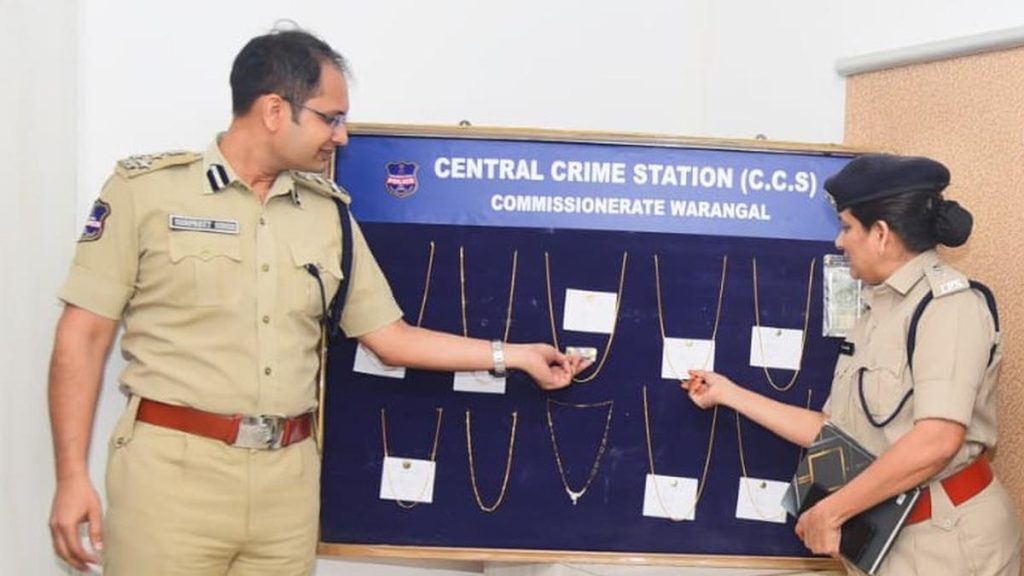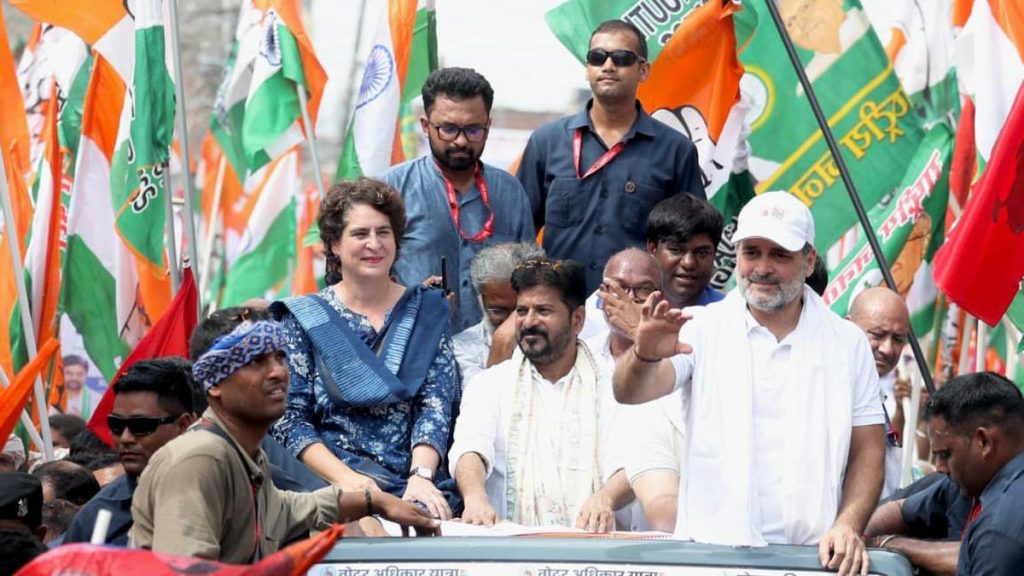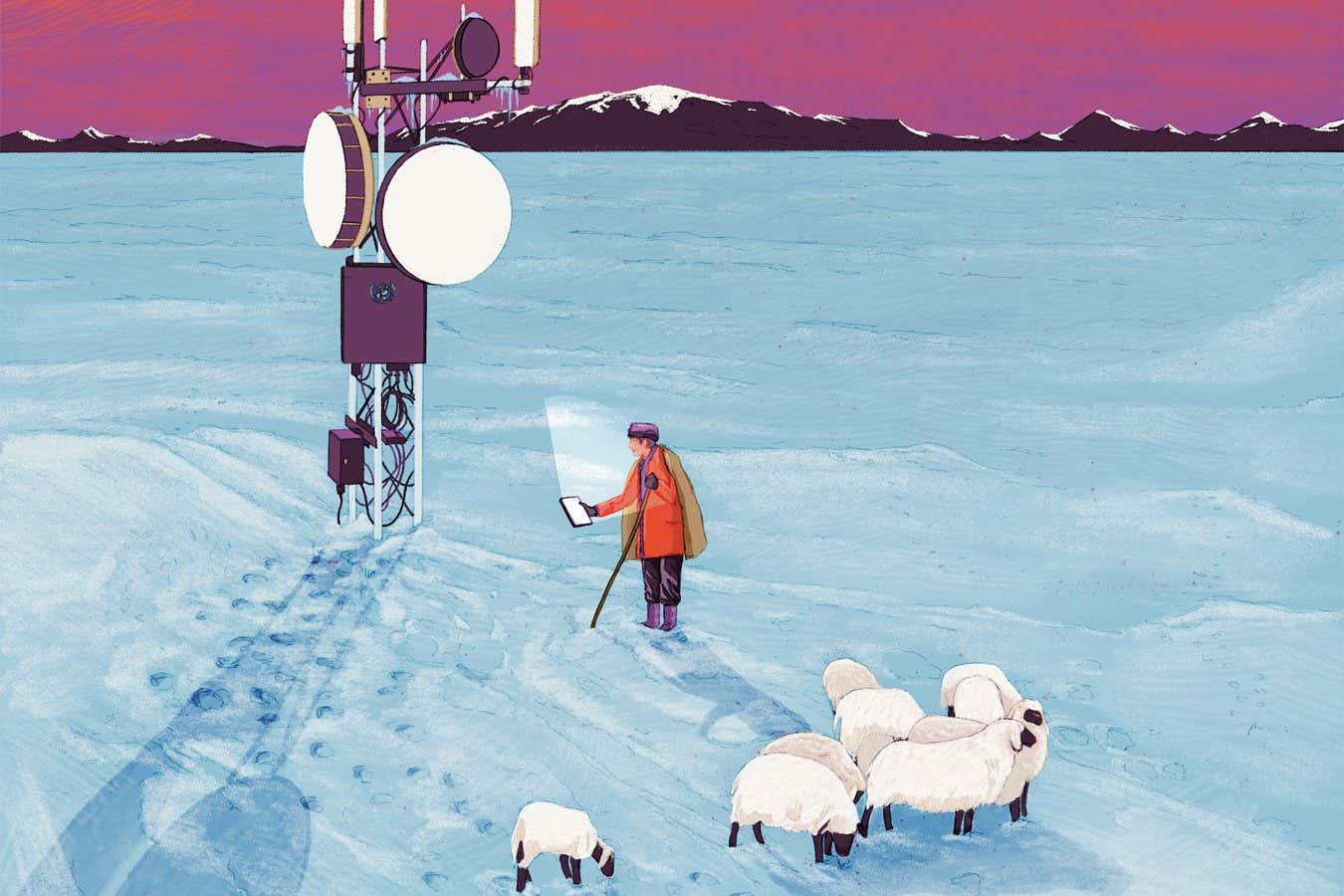Now Reading: Did Childcare Shape Language? New Book Explores the Connection
-
01
Did Childcare Shape Language? New Book Explores the Connection
Did Childcare Shape Language? New Book Explores the Connection

Quick Summary
- Evolutionary biologist Madeleine beekman proposes in her book The Origin of Language that human language evolved to address the complexities of childcare.
- Human infants are notably underdeveloped at birth due to bipedality and large brain size, requiring extensive parental care.
- The “obstetrical dilemma,” caused by narrow hips and larger infant heads, lead humans to give birth earlier, making newborns vulnerable but facilitating safer deliveries.
- Beekman theorizes that language emerged as a tool to manage the demanding task of raising such helpless infants.
- She contrasts this theory with other hypotheses on language evolution, such as connections to tool-making or cognitive institution.
- Beekman places women and children central in her narrative, challenging historically male-focused ideas on human evolution like “Man the Hunter.”
- Supporting evidence includes similarities with certain bird species whose larger brains correlate with higher parental provisioning needs for immature offspring.
- however, questions remain around timing-language is suggested by her as only 100,000 years old-but evidence for early speech among Neanderthals offers conflicting views.
Indian Opinion Analysis
Beekman’s focus on childcare as a driver for linguistic evolution holds societal relevance when considering India’s diverse languages and emphasis on family structures frequently enough involving collaborative child-rearing practices across generations. Her novel hypothesis redirects attention toward women’s central role in shaping humanity-a perspective resonating with India’s evolving discussions around gender equity and customary familial contributions.
Nonetheless, while intriguing parallels exist between Beekman’s ideas and real-world caregiving practices observed globally (including in rural India), scientific ambiguities surrounding timelines weaken decisive conclusions from this theory overall. for India’s ongoing discourse linking anthropology with culture-continued study into such cross-disciplinary interpretations may foster deeper insights into both ancient traditions and modern societal dynamics.
























